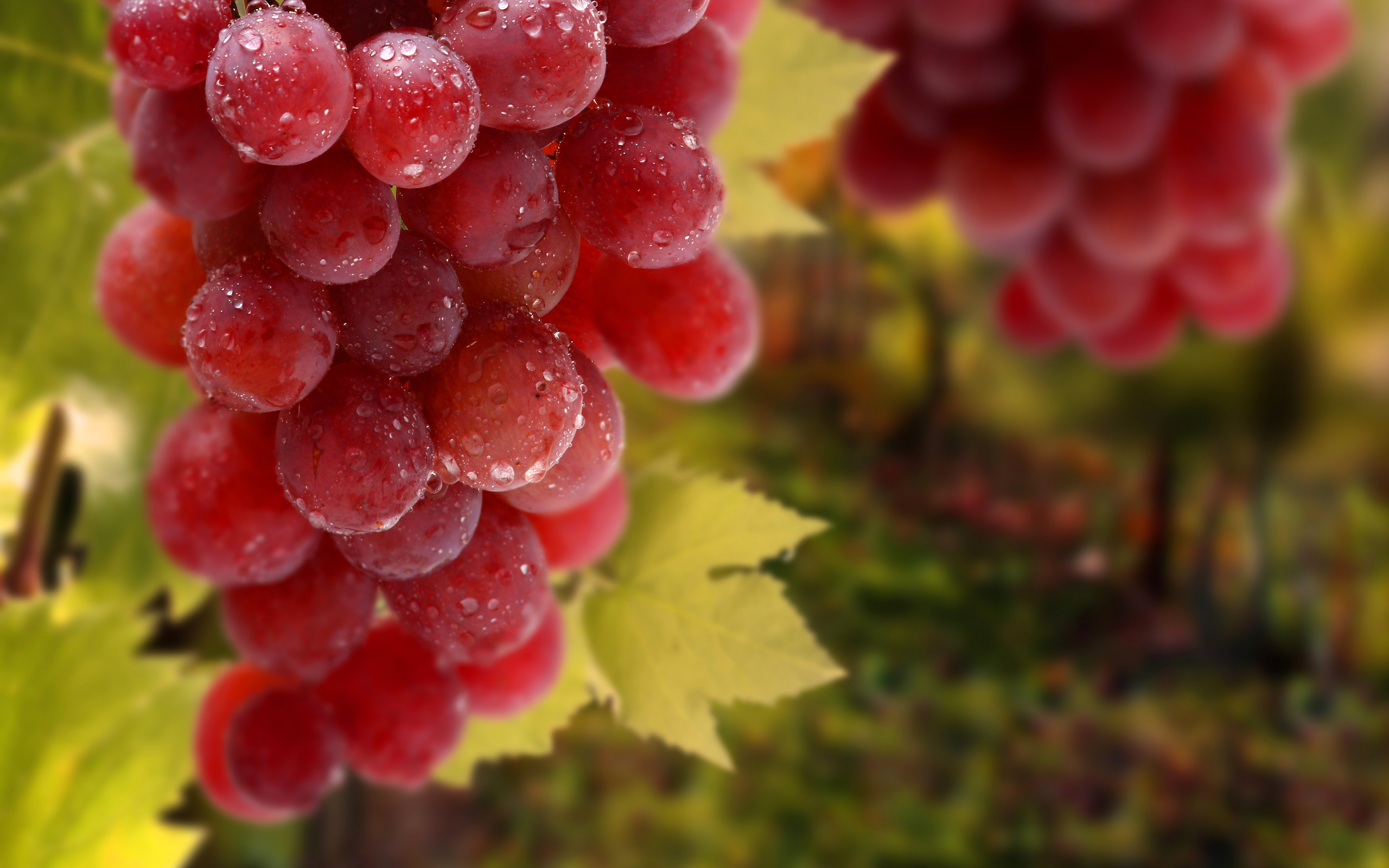drwale
New Member

Cancers, otherwise known as malignancies are tumours composed of abnormally functioning cells which undergo unregulated proliferation. Several dietary and lifestyle factors related to westernization have contributed to the increasing incidence of cancers in recent times. The International Agency for Research on Cancer (IARC) projected that by 2030, about 21 million new cancer cases would have been diagnosed with annual deaths from cancers reaching 13 million. Furthermore, with junk diets now in vogue coupled with the sedentary nature of the jobs many people do, obesity and its associated cancers are on the upward trend. Fortunately, studies have established the fact that some foods have the natural ability to fight cancers and significantly reduce the risk of developing the dreaded condition. Some of these are discussed below:
Red grapes
A powerful antioxidant, resveratrol has been found in generous quantities in the skin and juice of red grapes. The National Cancer Institute revealed that resveratrol helps to prevent cancers by limiting the growth of cancer cells. In addition, grapes are very rich in Vitamin C which has been linked to decreased risk of cancers of the colon, bladder, breast and stomach.
Sweet Potatoes
Sweet Potatoes have proved to be one of the best sources of beta carotene. Beta carotene produces Tumour Necrosis Factor (TNF) which interferes with the growth of tumour cells. One medium-sized sweet potato contains as much as 12mg of beta carotene. When sweet potatoes are served with tomatoes, the lycopene content of the latter enhances the absorption and utilization of beta carotene. A study discovered that eating lots of beta carotene, for instance in sweet potatoes reduced breast cancer risk by 50%.
Green Tea
Some compounds known as catechins are found in tea, especially green tea. Catechins have been shown to inhibit cancer growth by stopping the mutations that lead to development of cancers. Similarly, they have been shown to shrink tumours. For instance, in China, the risk of developing rectal and pancreatic cancers was significantly less among green tea drinkers when compared to others. Also, green tea has been shown to reduce the risk of gastric cancers in Japan.
Cruciferous Vegetables
Generally, fresh vegetables by virtue of their high fibre content reduce the risk of cancers. Cruciferous vegetables like cabbage, broccoli and cauliflower have also taken the fight against cancers a step further. They contain indoles which reduce the risk of breast cancer. Furthermore, research has shown that including lots of cabbage in your diet can reduce your risk of colon and breast cancers by 40%.
Soy Products
Soy products such as soy milk and soy beans are very valuable anti-cancer foods. They are rich in phytonutrients (such as isoflavones) which inhibit angiogenesis (formation of new blood vessels) thereby impairing tumour growth. Bile acids produced by the gallbladder in response to fatty diets can accumulate in the gut and predispose to colon cancer. Soy products block the carcinogenic effects of these bile acids. Furthermore, it was shown that women who consume more soy products are less likely to develop breast cancer than their counterparts.
Whole Grains
Whole grains such as rice, wheat, barley and oatmeal have been shown to reduce the incidence of cancers significantly. They are rich in fibres and protective antioxidants. A study conducted by the American Institute for Cancer Research found that when whole grains are consumed in sufficient quantities, they help to lower risk of colorectal cancers. The high fibre content helps to speed up bowel movement and reduce contact time between carcinogenic substances and the intestinal lining.
Berries
Strawberries, raspberries and blueberries have also been shown to offer significant protection against cancers. They contain pterostilbene, an antioxidant that has cancer-fighting properties. More still, raspberries were found to reduce the risk of oesophageal cancer by 60% and that of colonic cancers by 80%.
Image Credit: bhmpics.com
Last edited by a moderator:

